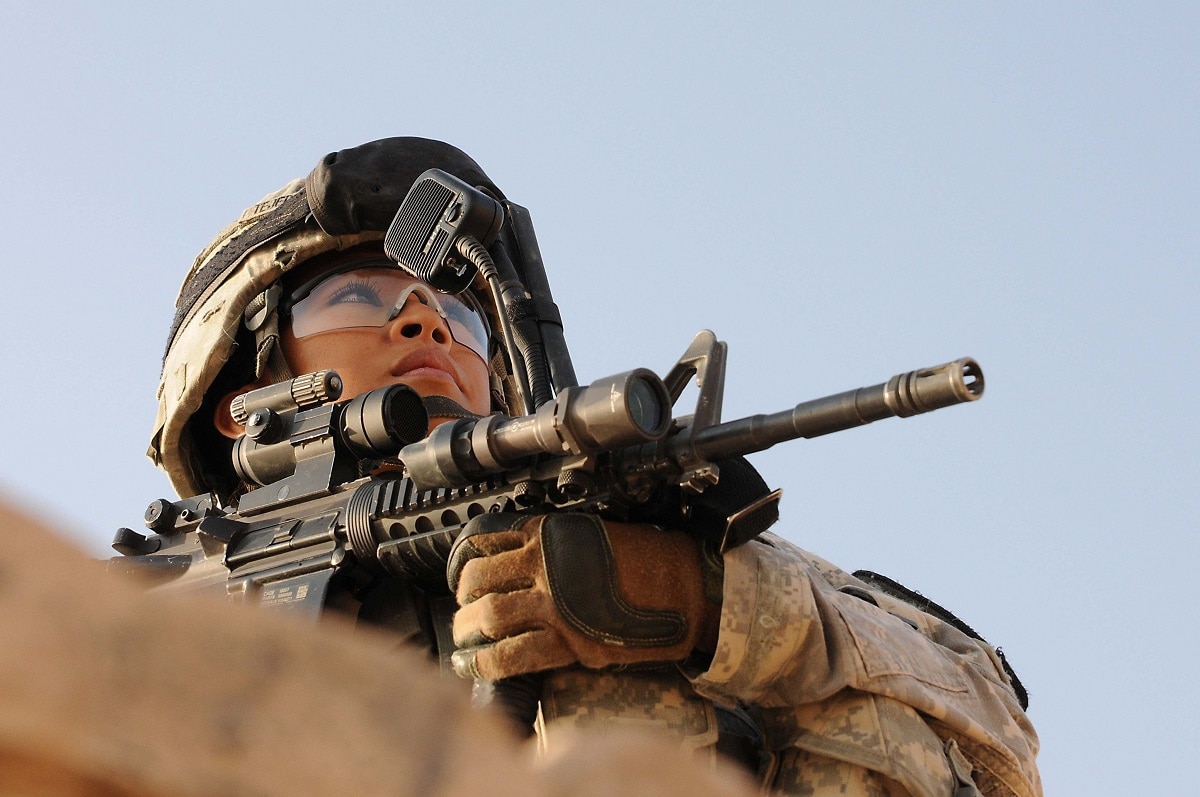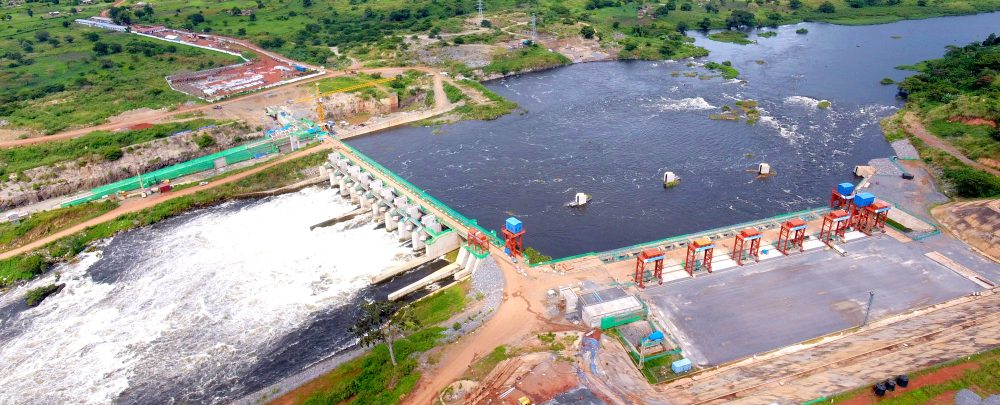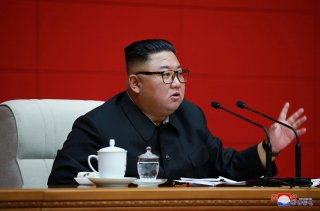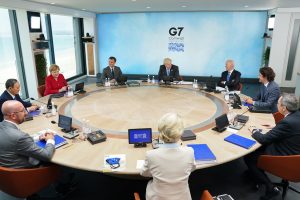Mie Augier, Sean F. X. Barrett, and William Mullen
“WE HAVE LIVED TOO LONG IN A STRATEGY-FREE MODE.” – JAMES N. MATTIS[1]
ASSUMPTIONS AND STRATEGY
Former Secretary of Defense James N. Mattis identified a lack of strategy and strategic thinking in the United States’ national security policy discourse. This problem is complex, multifaceted, and caused by a number of factors, including a lack of understanding of what strategy is, and is not, and how to educate strategists, an inability or unwillingness to identify and understand core strategic issues, the tyranny of the present, and a fickle public. This article alleviates some of the challenges of living in a strategy-free mode by focusing on the development of strategic thinking and strategies that are based on empirically realistic assumptions consistent with decision making and behavior in the real world. Relying on assumptions, both implicit and explicit, that are false, unrealistic, or assume away the difficult parts of problems results in what might be called “assumptionitis.”[2] Assumptionitis undermines useful strategic analysis, much less policy recommendations, because it is unlikely the real world will unfold in ways consistent with this kind of analysis. Optimistic assumptions regarding the reaction of the Iraqi people and the conditions that would prevail following the 2003 invasion, for example, crippled the effort to effectively plan for, and cope with, post-invasion Iraq.[3] There is no easy cure for assumptionitis, but empirically-grounded, interdisciplinary thinking can make our assumptions more realistic and, thus, strategies more meaningful.
















